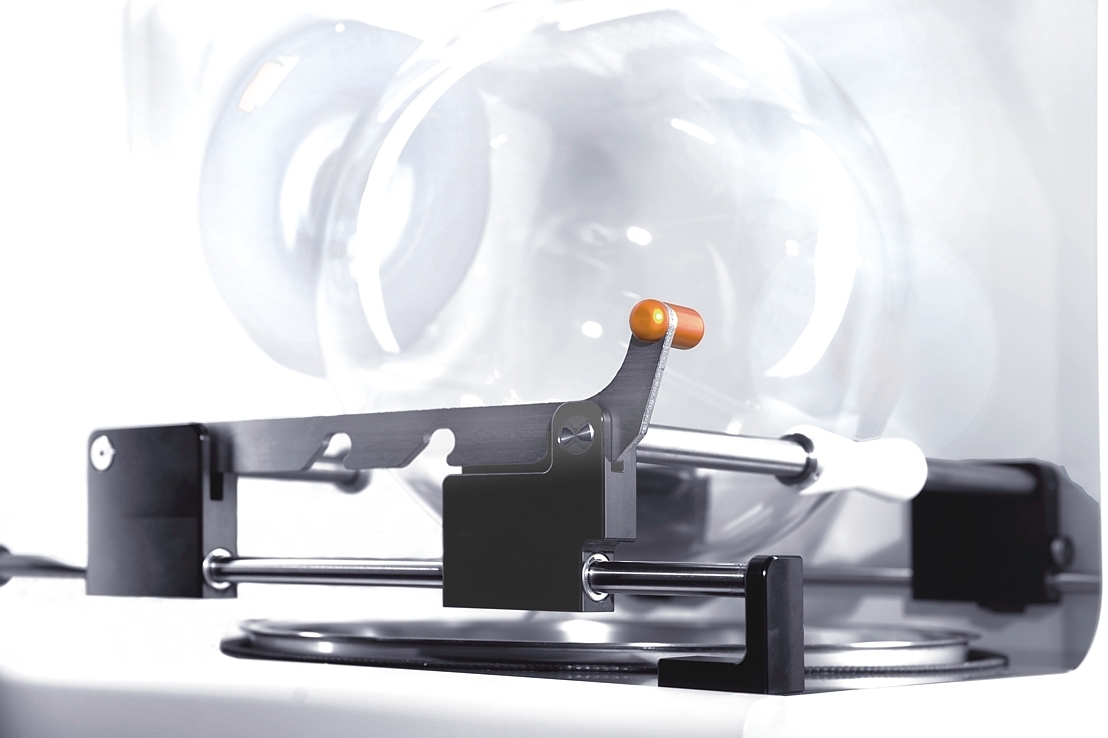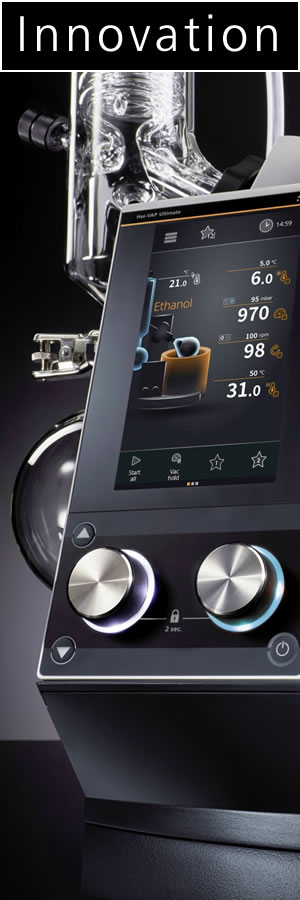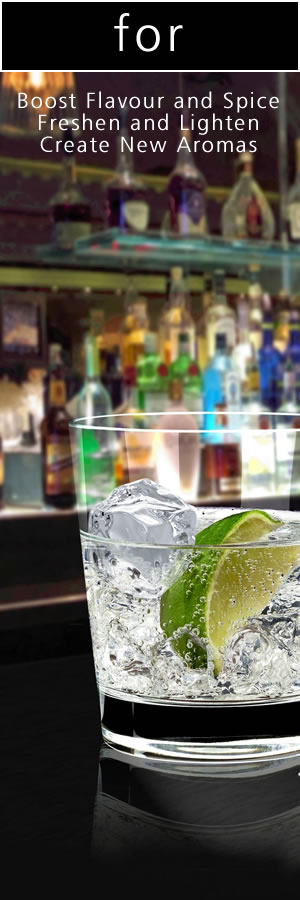
“The Four Pillars Laboratory Team and I found the process
with Scitek educational, easy and overall pleasant.
The installation was on schedule and with in-depth
explanation of all parts and functions, and a
hands-on training with the Scitek team.
The after sales process was conducted with the same
professional and diligent manner.
I would highly recommend Scitek to anyone seeking
advice on purchasing any
laboratory equipment in the Australian food and
drink industry and beyond.”
James Irvine
Creative Director Gin Drinks | Four Pillars Gin
“Having Scitek as our technology partner has enabled us to creatively do what we couldn’t do before.
Their friendly support has been of pivotal importance to what we do and how we do it. The Scitek team have the technical knowledge to work with us whilst offering new, innovative procedures to ensure we get the best results.”
Stuart MacKenzie
Founder | Distiller at Little Juniper Distilling
“Why Vacuum Distillation?”
Gin distilleries across the globe have discovered vacuum distillation as a new method for doing so called “cold vacuum distillation”. This technology is commonly used in food, pharmaceutical and chemical laboratories and production.
Using vacuum during the distillation allows for the botanical infused gin to be evaporated at room temperatures or even below. Normally ethanol boils at 78 °C and water at 100 °C. By applying vacuum we can easily move the ethanol (and water) boiling point to cold temperatures and therefore reduce or entirely prevent the need to heat the botanicals.
Many botanical compounds are volatile and are lost during traditional high temperature distillation. Using cold vacuum distillation allows us to minimise losses of volatile flavour and aroma.
Cold vacuum distillation gives us the possibility to change and enhance the flavour profile of your gin by changing the boiling temperature during the distillation phase.
Another possibility is to use a diluted ethanol-water base to infuse with botanicals. In cold vacuum distillation we are able to distill not only the ethanol but also the water and the water soluble substances from the botanicals. This will again result in a very different and more intense taste of the gin.




